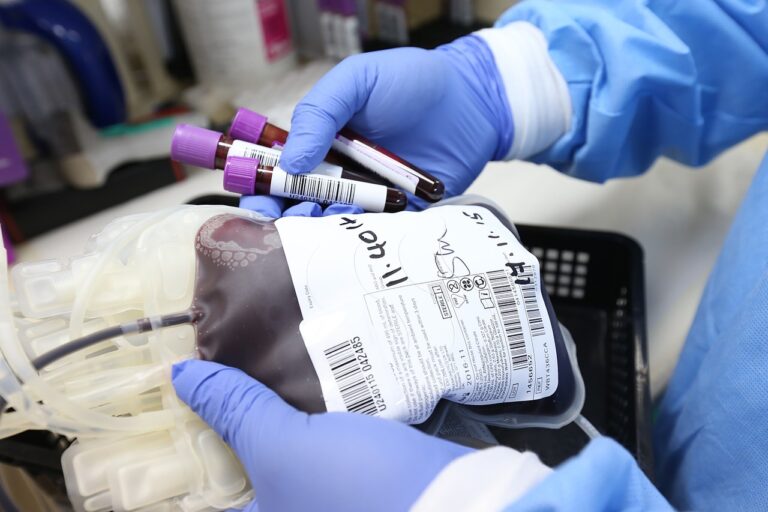Strategies for preventing and managing complications in kidney surgery: Laserbook247, Lotus 299.com, 11xplay reddy login password
laserbook247, lotus 299.com, 11xplay reddy login password: Kidney surgery, also known as nephrectomy, is a common procedure performed to treat various conditions such as kidney cancer, kidney stones, and kidney infections. While kidney surgery can be highly effective in addressing these issues, there are potential complications that patients may encounter during or after the surgery. In this article, we will discuss strategies for preventing and managing complications in kidney surgery.
Preoperative preparations:
Before undergoing kidney surgery, it is essential to have a thorough preoperative assessment to identify any potential risk factors that could lead to complications. This includes a comprehensive medical history, physical examination, and diagnostic tests such as blood tests and imaging studies.
Minimally invasive techniques:
Minimally invasive techniques, such as laparoscopic or robotic-assisted surgery, are often preferred for kidney surgery as they result in less tissue trauma, smaller incisions, and faster recovery times. These techniques can help reduce the risk of complications such as infection, bleeding, and prolonged hospital stays.
Careful surgical technique:
During the surgery, it is crucial for the surgeon to use careful and precise techniques to minimize the risk of complications. This includes proper tissue handling, meticulous hemostasis (control of bleeding), and avoiding damage to surrounding structures such as blood vessels and nerves.
Postoperative care:
After the surgery, close monitoring and appropriate postoperative care are essential to detect and manage any potential complications that may arise. This includes monitoring vital signs, managing pain effectively, preventing infections, and ensuring proper wound care.
Complication management:
In the event that complications do occur after kidney surgery, prompt recognition and management are crucial for a successful outcome. Common complications include bleeding, infection, urinary leakage, and blood clots. Treatment may involve medications, drainage procedures, or in some cases, additional surgery.
Long-term follow-up:
Regular follow-up visits with your healthcare provider are important after kidney surgery to monitor your recovery progress and detect any potential long-term complications. This allows for early intervention and management of any issues that may arise.
FAQs:
Q: How long does it take to recover from kidney surgery?
A: The recovery time can vary depending on the type of surgery performed and individual factors, but most patients can expect to return to normal activities within 4-6 weeks.
Q: What are the signs of a possible complication after kidney surgery?
A: Signs of a complication may include fever, increasing pain, swelling or redness around the incision site, difficulty urinating, or any other concerning symptoms. If you experience any of these, contact your healthcare provider immediately.
Q: Are there any lifestyle changes I should make after kidney surgery?
A: It is essential to follow your healthcare provider’s recommendations for postoperative care, which may include dietary modifications, exercise guidelines, and medication management. It is also important to avoid smoking and excessive alcohol consumption to promote healing and prevent complications.
In conclusion, by following these strategies for preventing and managing complications in kidney surgery, patients can help ensure a successful outcome and a smooth recovery process. If you have any concerns or questions about your upcoming surgery, do not hesitate to discuss them with your healthcare provider.







